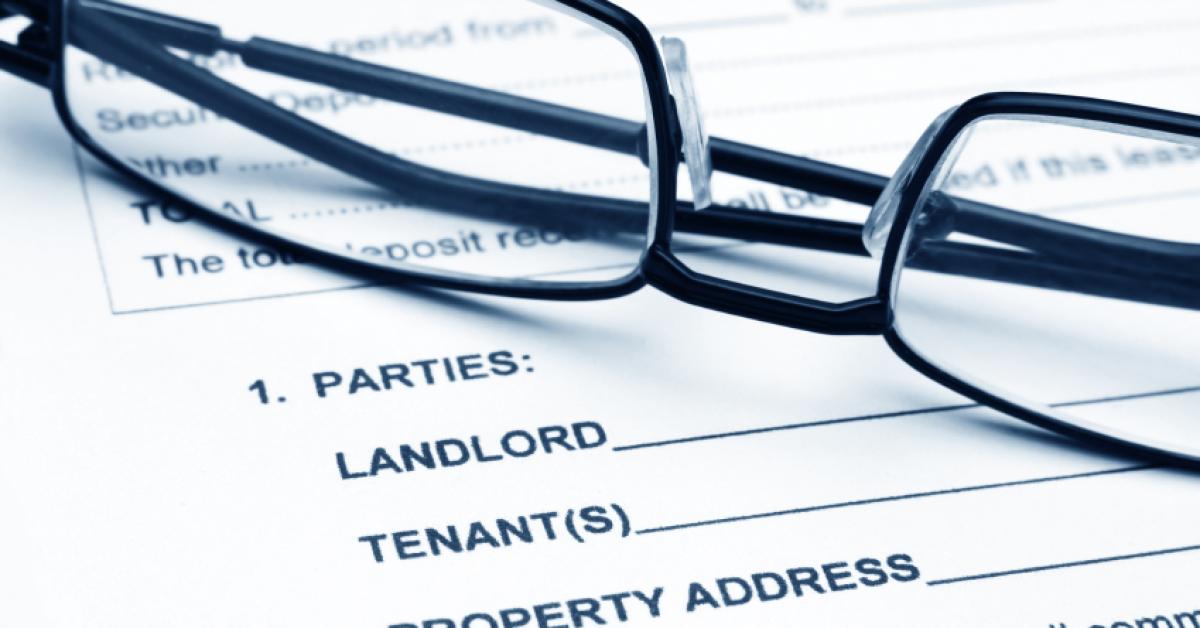CHICAGO — Let’s say, for the sake of argument, that you’re in the third year of a five-year lease. But times are tough. The economy in your area is down. Everyone is complaining. Many of your customers are still out of work.
The tenant next door moved out in the middle of the night. The anchor tenant at the end of the strip may be declaring bankruptcy. Is this a good time to approach the landlord to renegotiate your lease? You bet it is!
The country is still suffering from the effects of a recession. There are signs that the economy is picking up, but your market may be lagging. Unemployment is still high—close to 9% nationwide, and worse in many areas.
Empty storefronts are a common sight. Factory orders are down. The housing market has been slow to recover from its bubble-burst, and will be weak for years to come. Many have lost 30% on their property values.
Investments have remained flat for the last decade. Anyone who bought stock 10 years ago will find that the worth of their assets is about the same today. Recent college graduates are having a hard time finding jobs. Things are tough, and nobody is predicting a rosy future in the next several years.
With this stagnation a reality, now’s the time to ask your landlord for a lower rate on your rental contract. He’s already lost one tenant, and he’s probably having trouble renting out the empty spot. He doesn’t want another empty storefront, for fear his strip will start to look abandoned.
He follows the real estate dictum, “Keep it rented—at all costs.” Losing a few hundred dollars a month is a small price to pay in a slow market to keep his property looking alive and prosperous.
To win concessions, negotiate with kid gloves. Don’t come off as demanding, tough or bull-headed. Such aggressiveness will get you nowhere. Your landlord is, first and foremost, a human being. He doesn’t want to be pushed around. He doesn’t want to be told what to do.
Rather, come across as a nervous tenant, worried that you won’t be able to afford the rent for too much longer. Let the facts speak: Show him a chart of your sales declines. Point out how the decline in revenues has impacted profits negatively. Emphasize that you’re almost at the end of your rope, financially speaking.
Explain that you, personally, aren’t in a position to lend the business money—there is no excess capital to tap. A few specifics will suffice. You have two kids heading off to college. Your daughter needs $5,000 worth of dental work. You have a sick mother who needs your support. Your mortgage still has 12 years to go. You drive a 10-year-old car with 158,000 miles, and can’t buy a new one.
Give the landlord a story—a truthful one—that makes him sympathetic. Make it seem like you’re backed into a corner and have to resort to desperate measures before they become last-ditch measures.
Also supply your landlord with reasons to help you. You want to appeal to his own self-interest. You might remind him that you’ve been in business for seven years and expect to continue for at least 10 more. Point out that your son enjoys working in the shop and will probably take it over one day, which means your business could be a tenant for an even longer time.
Offer figures on which he can hang his decision. For example, say you currently pay $2,200 a month in rent. If he could see his way to reducing the rent by $300 per month to $1,900 for the duration of the lease, the decrease in expenses will be enough for you to manage your way through this recession, and be in good shape when a recovery eventually takes hold.
Three years of lower rent amounts to a $10,800 ($300 X 36 months) savings. Suggest that this reduction—this favor—could be tacked onto the next lease. If the next lease was set to be $2,500 a month for five years, it would increase to $180 to $2,680 to recover the money lost in the downturn ($180 X 60 months = $10,800).
In fact, you can promise anything you want about the future, because it’s the future. Who knows what the future will bring? That’s not your concern; your concern is to lower your rent now so you can cope with economic realities. Your concern is getting your landlord to modify the current lease.
Be persistent. You know what they say: “The squeaky wheel gets the grease.” If you have a problem on the premises—the roof develops a leak, a neighboring tenant lets his customers park in your spaces—use this opportunity to pester the landlord to reconsider a reduction in rent. If he shows up at the property, tell him your problems. End with, “I don’t know how much longer I can go on like this.”
If the landlord refuses to budge, you must accept his verdict—or become a terrible tenant. It’s easy to do, especially when times are tough; a couple of late payments might be enough. Maybe he will ask you to leave, and you can find a cheaper space, if that option is preferable. You decide.
A lease agreement is not etched in stone. It is a written agreement on paper—nothing more. It is an arrangement between two people or companies who benefit mutually from the situation. If one party no longer benefits, the terms can be modified. In fact, rental agreements are probably changed or broken more often than any other contract.
Don’t be afraid to suggest a modification to more favorable lease terms. As you retool for the future, this is the perfect time to launch such a negotiation.
Have a question or comment? E-mail our editor Dave Davis at [email protected].

